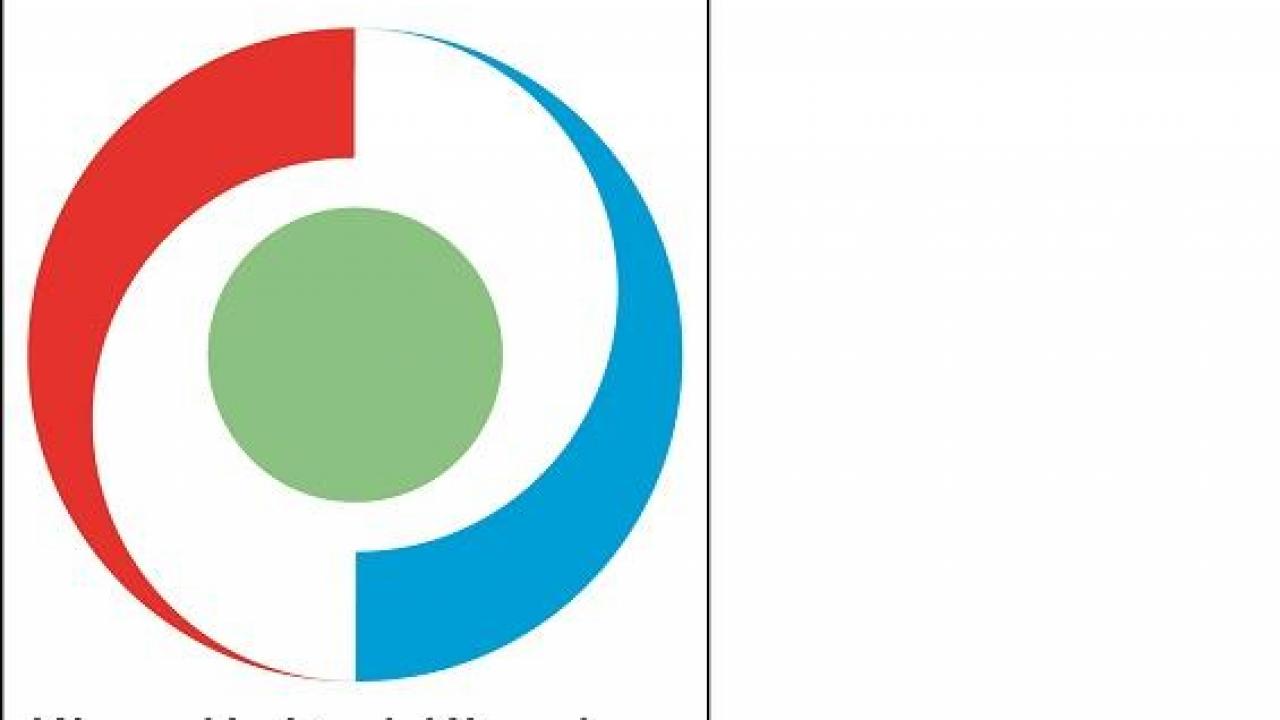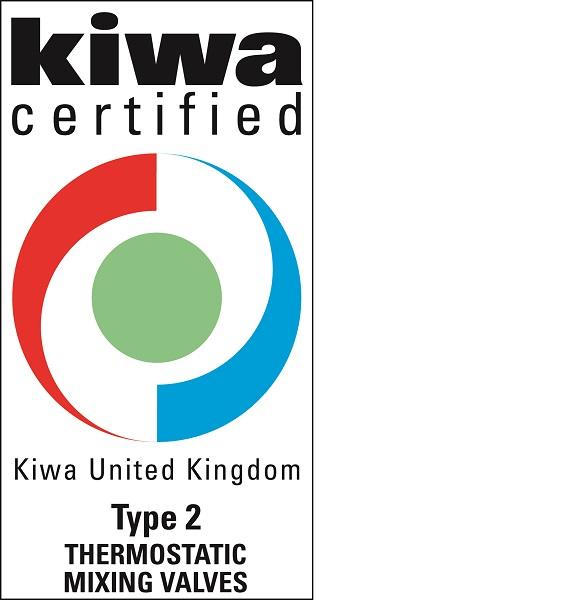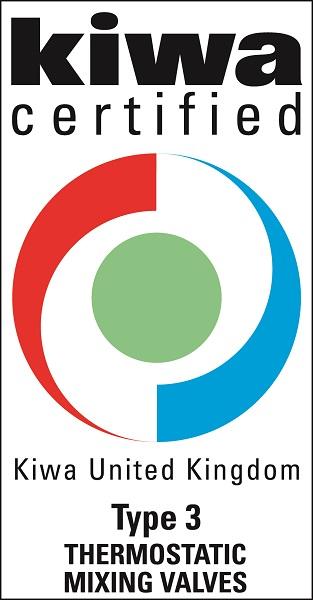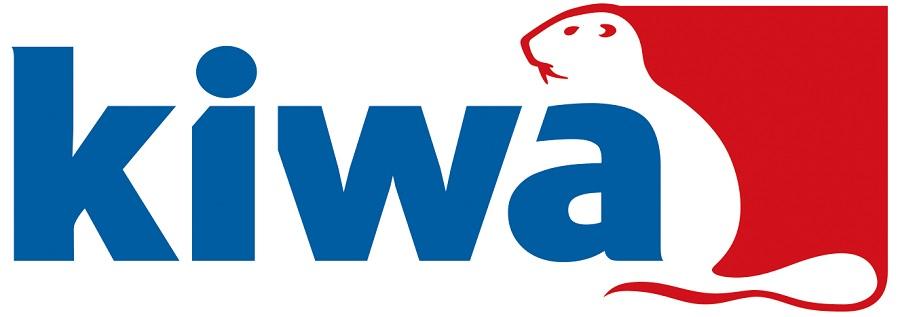

New certification system for water products from Kiwa Watertec
Paul Groves talks to Clive Hawkes, Technical Manager of Kiwa Watertec, which provides testing, certification and approval schemes for sanitary and plumbing products.
Kiwa Watertec has never been busier. We recently launched our own certification scheme for thermostatic mixing valves (TMVs) and tempering valves.
This new scheme is robust and offers manufacturers an alternative approach for gaining approval for their Type 2 and Type 3 TMVs and tempering valves.
Q: What are TMVs?
A: Thermostatic mixing valves (TMVs) control water temperature for showers and taps. They blend hot and cold water to ensure a constant, safe temperature.
Q: How do they work?
A: The main part of the mixing valve is the thermostatic element, which expands and contracts in response to changes in the temperature and pressure of the incoming hot and cold water supplies. This allows a pre-determined mixed water temperature at the outlet.
If the cold water supply were to fail slowly, over a long period of time, the valve limits the hot supply to maintain a safe temperature at the outlet. In case of total failure of the cold water supply, the thermostatic element expands fully to close the valve and shut down the hot supply preventing scalding water from reaching the outlet.

Q: Why is the Kiwa Watertec scheme different?
A: Kiwa Watertec’s scheme has a threefold approach:
- Initial product testing
- Annual Factory Production Control (FPC) inspection
- Continuous testing plans over the lifetime of the product
This reassures the manufacturer, the supplier and the end user that the product is robust and consistent.
Q: What is the difference between Type 2 and Type 3 TMVs?
A: Type 2 TMVs are normally specified for the domestic market. They provide comfort in use under normal supply conditions and safety in the event of an abnormal supply condition (such as a drop in the supply pressure caused by the flushing of a WC on the same supply system).
Type 3 compliant TMVs are manufactured to meet the specifications required by the NHS Estates D08 standard, and are used where enhanced safety is required, such as care homes and hospitals.

Q: What are the legal requirements of TMV’s?
A: In Scotland, regulations require control of outlet hot water temperature for baths and bidets. The regulations apply to all new build domestic properties where the building warrant was applied for after 1st May 2006 and is also a requirement in properties undergoing bathroom renovation works which involve the movement or replacement of the bath or bidet.
From 2010, England and Wales joined Scotland in requiring, as part of the building regulations, the control of outlet water temperature to a safe maximum, at the bath outlet in domestic bathrooms. One way of achieving this is by the installation of a thermostatic mixing valve.
In England and Wales, the revisions to Part G of the Building Regulations (Hot water supply and systems) effective from 1st April 2010 include the requirement that baths in new homes are fitted with a protective device (ie a thermostatic mixing valve) to limit the temperature of hot water.

